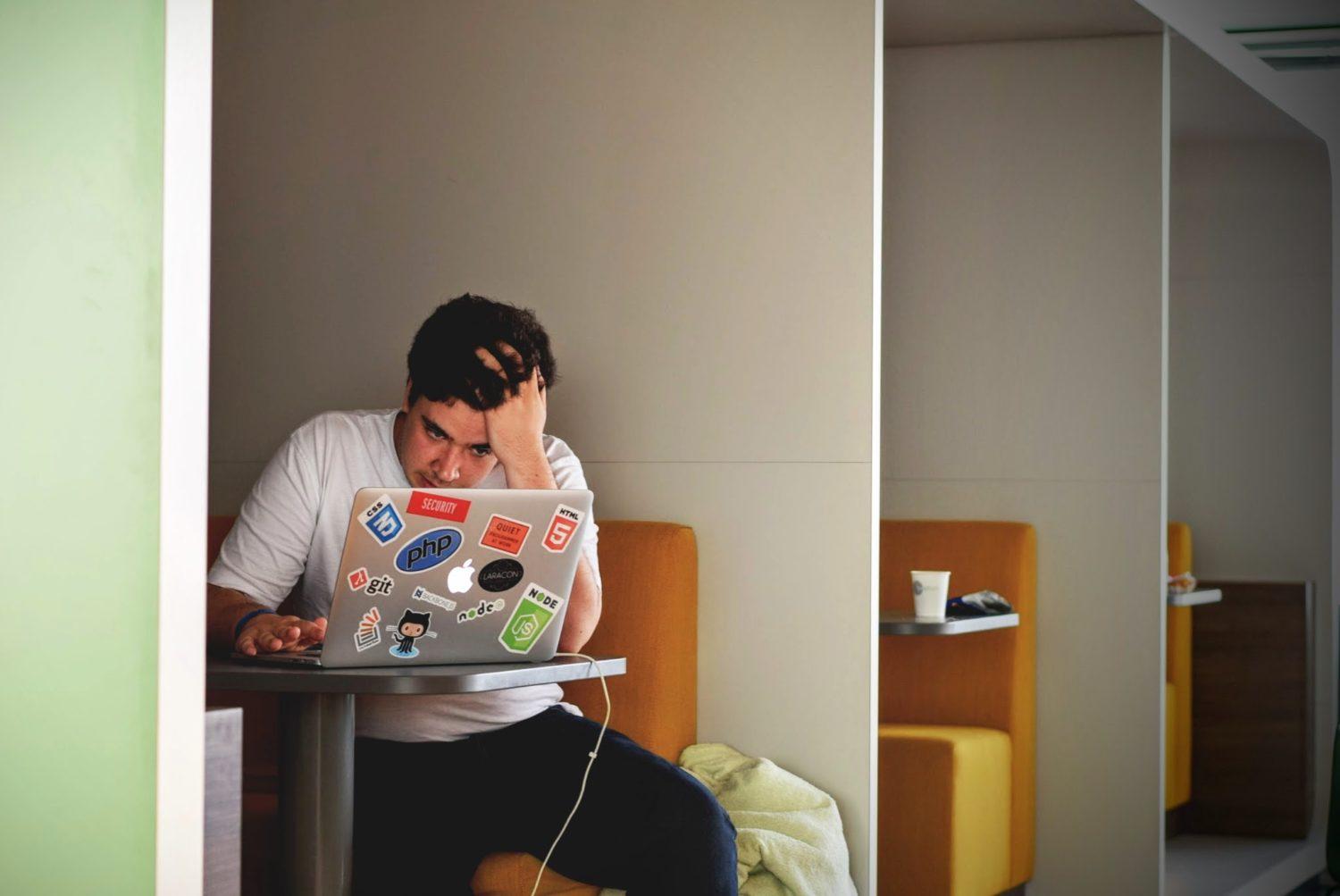As Americans we’re known for our fast paced, business centered lifestyles filled with fast food and email. While this has been essential for progress it also causes stress. More than 75% of people regularly experience symptoms caused by stress including headache, fatigue, muscle tension, upset stomach, and irritability. People cite work, money, and family issues as the top three contributors of stress, with poor nutrition and lack of sleep following close behind.
Stress isn’t all bad, it can be a great motivator but if you’re feeling the negative effects of stress you may need to follow a few of these tips to alleviate it.
Exercise
Exercise is one of the most important things you can do to combat stress. Along with lowering your body’s stress hormones it also helps release endorphins, which are chemicals that improve your mood and act as natural painkillers.
While stress can often affect the quality of your sleep, exercise can improve this issue.
Exercise can also improve your self-confidence which can carry through to other aspects of your life. Getting at least 30 minutes of daily exercise doesn’t have to be a chore, try to find an activity you enjoy such as hiking, dancing, swimming or yoga.
Make Time for Yourself
Something as simple as taking a hot bath and lighting a candle can do wonders to relive stress.
Some scents are especially soothing. Here are some of the most calming scents:
- Lavender
- Rose
- Vetiver
- Bergamot
- Roman chamomile
- Sandalwood
- Orange blossom
While you’re creating a soothing environment it may help you to listen to music. Slow-paced instrumental music can induce the relaxation response by helping lower blood pressure and heart rate, as well as stress hormones.
Spend Time with Friends and Family
Social support from friends and family can help you get through stressful times. Being part of a friend network gives you a sense of belonging and self-worth, which can help you in tough times.
Studies have found that men and women with the fewest social connections were more likely to suffer from depression and anxiety. Spending time with loved ones can also rise the likelihood of our next tip, laughing.
Laugh
It’s hard to feel anxious when you’re laughing. It’s good for your health, and there are a few ways it may help relieve stress:
- Laughing brings more oxygen into your body and organs.
- It also relieves tension by relaxing your muscles.
- In the long term, laughter can also help improve your immune system and mood.
Find the humor in everyday life, spend time with funny friends or watch a comedy show to help relieve stress.
Learn to Say No
Not all stressors are within your control, but some are. Take control over the parts of your life that you can change and are causing you stress.
One way to do this may be to say “no” more often. This is especially true if you find yourself taking on more than you can handle, as juggling many responsibilities can leave you feeling overwhelmed.
Being selective about what you take on and saying no to what will needlessly add to your load can be a good start to controlling your stress levels.
Avoid Procrastination
Waiting until the last minute can cause you to scramble to get everything completed. Get in the habit of making to-do lists that are organized by priority.
Be realistic about timelines when creating your list and give yourself plenty of time to complete each task. Knowing what you need to do and when you need to do it can greatly decrease stress.
Deep Breathing
Mental stress activates your sympathetic nervous system, signaling your body to go into “fight-or-flight” mode. During this reaction, stress hormones are released and you experience the physical symptoms of stress — your heart beats faster, you breathe quicker and your blood vessels constrict.
Deep breathing exercises can help activate your parasympathetic nervous system, which controls the relaxation response.
- Diaphragmatic/Abdominal breathing – breathing that is done by contracting the diaphragm, a muscle located horizontally between the thoracic cavity and abdominal cavity. Air enters the lungs and the chest rises and the belly expands during this type of breathing.
- Paced respiration – With normal breathing, you take about 12 to 14 breaths a minute. By comparison, with paced breathing you take only 5 to 7 breaths a minute. These breaths should be slow, smooth and deep.
When you breathe in deeply through your nose, your lungs fully expand and your belly rises. This helps your heart rate slow down, allowing you to feel more peaceful.
Write It Down
One way to handle stress is to write things down. While writing down what you’re stressed about is one approach, another is writing down what you’re grateful for. Gratitude may help relieve stress and anxiety by focusing your thoughts on what’s positive in your life.

